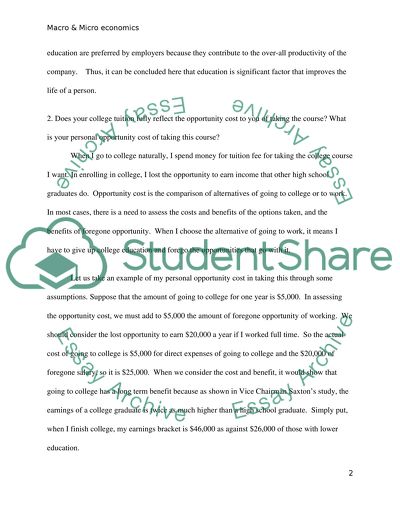Thinking like an economist: The basic vocabulary of the field Admission/Application Essay. Retrieved from https://studentshare.org/macro-microeconomics/1433325-thinking-like-an-economist-the-basic-vocabulary-of
Thinking Like an Economist: The Basic Vocabulary of the Field Admission/Application Essay. https://studentshare.org/macro-microeconomics/1433325-thinking-like-an-economist-the-basic-vocabulary-of.


